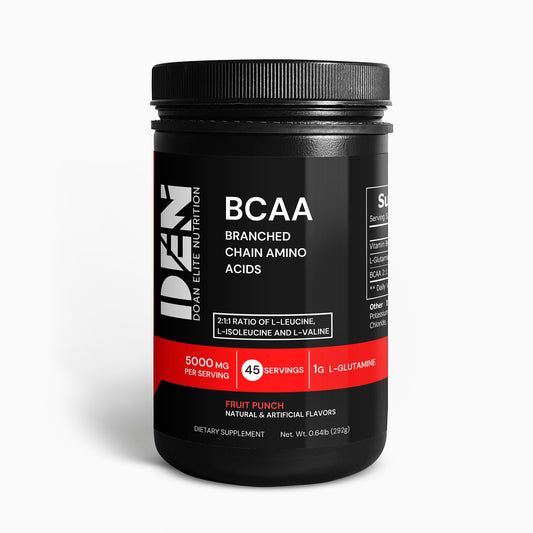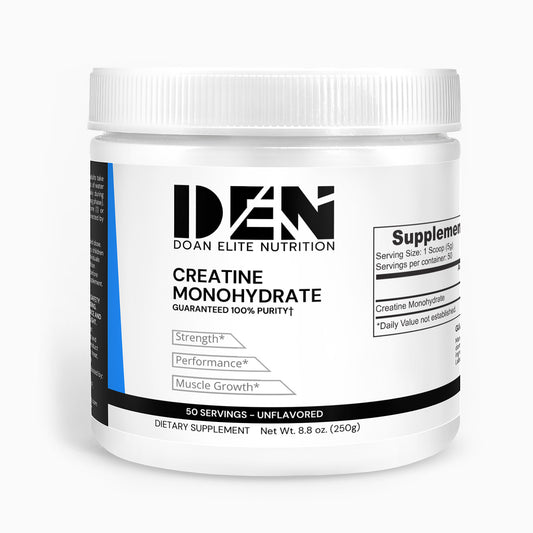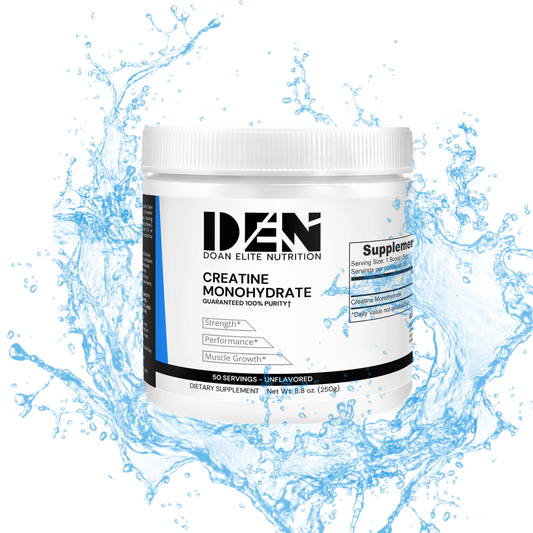Exercise is important for building strength and endurance, but it's just as crucial to give recovery top priority. Recovery plays a critical part in your entire fitness journey by allowing your body to heal, rebuild, and restore. In this article, we'll discuss the importance of recovery and highlight rest and injury-prevention techniques that may help you get the most out of your exercise routine.
Recovery is the time after an exercise when our bodies adjust and recover from the stress we put them under. Numerous physiological mechanisms, including hormone modulation, muscle tissue regeneration, and glycogen refueling, are involved. An increased risk of injury, fatigue, and poor performance might result from improper recovery.
Sleep and rest are essential for an optimal recovery. For peak performance, it's crucial to give your body enough time to wind down and repair. For a smooth recovery, aim for 7-9 hours of good sleep each night and think about adding rest days to your training plan.
The right kind of nourishment is essential for recovery. Nutrient-dense meals help your body repair and rebuild its muscles.Prioritize a well-balanced diet that contains a variety of nutrient-rich foods, such as leafy greens, healthy proteins, carbs, and fats, to provide your body with the sustenance it requires. Furthermore, maintaining hydration is important for healthy body function and supports the clearance of metabolic waste.
Active recovery is taking part in low-intensity workouts or activities that stimulate blood flow and help the recovery process. Yoga, gentle stretching, and walking are a few examples of these exercises. Active recovery speeds up the healing process after demanding exercises by reducing muscular discomfort, increasing flexibility, and improving recovery time.
Utilizing particular recovery approaches might improve your recovery process as a whole. The use of compression clothing, foam rolling, massage treatment, and contrast baths (alternating between hot and cold water immersion) are a few examples of these approaches. Try out a few different methods to see which one helps you relax your muscles and speeds up healing.
Making recovery a top priority is essential for avoiding injuries. Overuse injuries and constant fatigue can result from insufficient sleep and overtraining. It's crucial to pay attention to your body, look for any signs of exhaustion or pain, and adjust your workout as necessary. Regular stretching and incorporating appropriate warm-up and cool-down routines can also assist prevent injuries.
Don't neglect the significance of recovery in your fitness routine. Long-term success and injury prevention depend on resting, replenishing, and using recovery techniques. You may maximize your performance, improve your general well-being, and maintain a healthy and balanced fitness journey by adopting these ideas into your daily routine. Recovery is an essential part of a healthy and strong body, not a sign of weakness.












